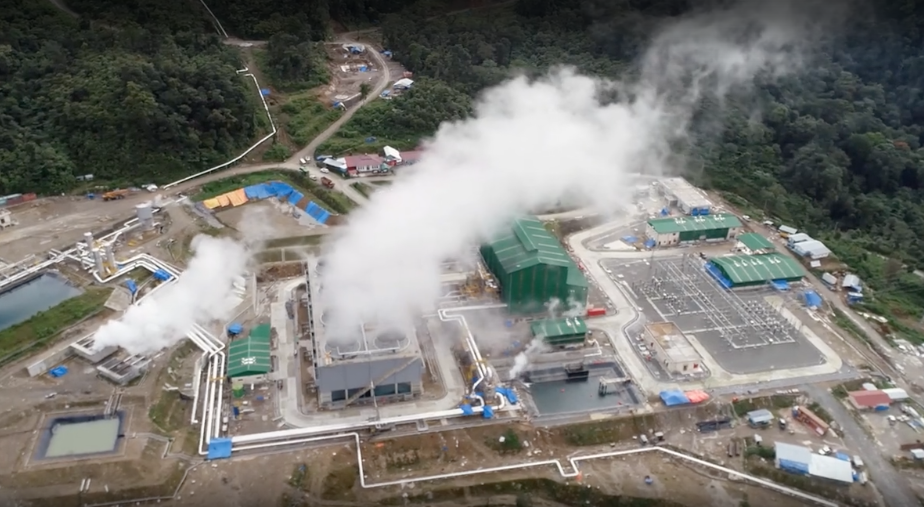Industry encourages implementation of geothermal feed-in-tariff in Indonesia

Indonesia’s geothermal association INAGA proposes the implementation of a Feed-in-Tariff scheme for geothermal as part of new energy and renewable energy bill in Indonesia.
The Indonesian Geothermal Association (INAGA) encourages the government to implement a Feed-in Tariff (FiT) scheme in the discussion of the problem inventory list or DIM of the current new energy and renewable energy bill (RUU EB-ET). Included in the process of deepening each article as a result of the parliament’s initiative.
INAGA General Chair Priyandaru Effendi said the scheme would accelerate efforts to develop geothermal power plants, which are currently constrained by the tariffs set by the State Electricity Company (Persero) or PLN. According to Priyandaru, the tariff set based on PLN’s ability is not able to cover the costs of the geothermal-based power plant development project.
“We are in a position not to want to negotiate business to business (B2B) with PLN, but immediately assign an assignment to accelerate development because negotiations will take time,” said Priyandaru in a statement this week.
With the FiT, Priyandaru said, each region that conducts the project auction has set a price for the power purchase agreement or power purchase agreement in front of the contract. Thus, the economics of geothermal projects can be guaranteed for the development of the clean energy industry more quickly and efficiently.
“We don’t need to negotiate with PLN, it can reduce the current average development time from 10 to 12 years, normally it can be reached 7 years,” he said.
As previously reported, the Ministry of Energy and Mineral Resources (ESDM) is currently discussing 543 problem inventory lists (DIM) of the new energy and renewable energy bill (RUU EB-ET) together with relevant stakeholders for the next two weeks.
The DIM discussion is a follow-up to the EB-ET Bill which was submitted by parliament to the government on June 29, 2022. Meanwhile, the executive has a deadline of 27 August 2022 to submit the DIM on the bill which was the initiative of the House of Representatives (DPR).
“The input we received from the DIM stakeholders was quite thick as of last night, there were 543 items that we will discuss together,” said Dadan in the FGD on Energy Independence in the Middle of a Global Crisis, Jakarta.
He hopes that the EB-ET law will be able to accelerate efforts to increase the clean energy mix in the country. In addition, the law was pushed to create a clean energy market in the domestic industry.
Apart from being a legal umbrella and sectoral function for EB-ET development, the Ministry of Energy and Mineral Resources will later propose that the law will become lex specialis or be special in nature to regulate several legal contents that are contrary to other laws.
For example, he gave an example, the use of water resources in conservation areas which is still prohibited in Law no. 17/2019 Regarding Water Resources.
“We will propose that this can be released to encourage the use of water resources for the development of new and renewable energy,” he said.
Source: Bisnis.com